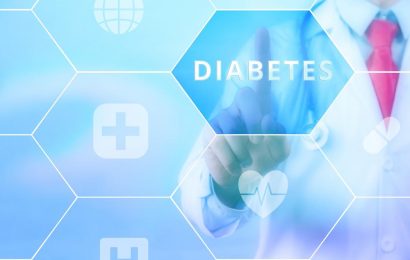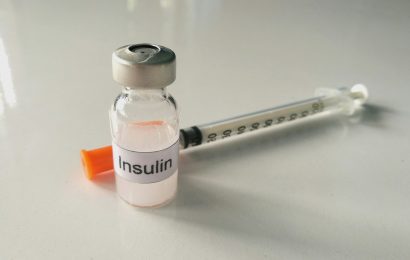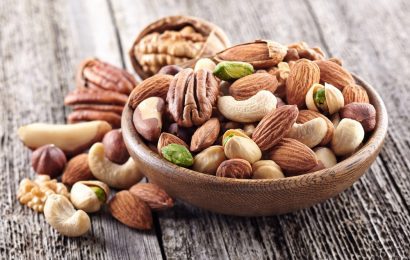“My days have been getting shorter,” Ron (who has Type 2 diabetes) told me. “I sleep ten hours a night and still need naps in the day. Even when I’m awake, I’m dragging. What can I do?”
Ron’s doctor wasn’t much help. At his last appointment six weeks ago, Ron’s A1c was 8.1, and the doc started him on nateglinide (brand name Starlix), but his energy level hasn’t improved. At family picnics, he just watches or naps while the others play softball. “I’m starting to feel depressed, like life is passing me by” he told me.
Excessive tiredness like Ron’s is often called fatigue. It’s one of the classic symptoms of diabetes and many other illnesses. But what causes it and what can you do about it? Most experts blame insulin resistance for the fatigue. If your cells are resisting glucose, they won’t have enough fuel, so they tire out. At the same time, the glucose level in your blood will be higher than normal, so blood flows less well (similar to if there were sugar in your car’s gas tank), which could also be tiring. Hypoglycemia (low blood glucose) can also cause fatigue.
Blood glucose is far from the whole story, though. Inflammation makes people very tired. Part of the inflammatory response includes cytokines and white blood cells that influence the nervous system and tell us to sleep. That’s why people are so tired with the flu; our immune systems are trying to get us to rest. If you have chronic inflammation, which many people with diabetes do, that could cause fatigue.
Infection is another source of fatigue. Our bodies need all the energy they can get to fight the invading germs, so less energy is available for other things. Infection also causes inflammation and can raise blood glucose levels.
So someone in Ron’s situation should investigate possible sources of inflammation and infection starting with gums and feet, and possibly take anti-inflammatory medicines like ibuprofen.
Stress can fatigue us in many ways. It increases insulin resistance, leading to higher blood glucose. It raises blood pressure and heart rate, so that the heart is working harder and needs more rest. It makes our muscles unnecessarily tense, which wastes energy. It can even interfere with our breathing, and shallow breathing is tiring, because we don’t get enough oxygen.
A good tip for Ron might be to take some deep breaths. But reducing stress through meditation, prayer, or by getting help would also be helpful.
Poor sleep is the most likely candidate for Ron’s fatigue. He is “sleeping” 10 hours a night, but how well? How much time is he really asleep? If he’s getting up to the bathroom, waking from sleep apnea, or spending much of the night tossing and turning, he will be tired in the morning. People with fatigue should be checked for sleep apnea, and follow good habits like these that will improve sleep.
What about naps? Experts disagree. Some think naps will interfere with nighttime sleep, but many studies associate short daily naps with lower rates of heart disease. Most researchers seem to agree that naps should be short; probably around 20–40 minutes is best. Longer naps may leave you sluggish and keep you up at night.
I’m a big fan of naps, but I would like to know your experience with napping. Does it make you feel better or worse? Do you notice any effect on your blood glucose?
Besides sleeping better, normalizing blood glucose, and decreasing inflammation, what else can a person do to fight fatigue? According to Body+Soul magazine, one can reduce stress, eat healthful food, including a good breakfast, less sugar, and more whole foods; make sure you get enough Vitamin D, B vitamins and calcium/magnesium; and do gentle exercise. These all seem like sound recommendations to me. They also suggest reducing caffeine; for example, by switching from coffee to green tea. But caffeine is also a good short-term fatigue treatment, so you have to decide.
Depression is a major cause of fatigue. If you’re feeling down, you might want to get checked for depression and get professional help with that, but you can also self-manage with sunshine, exercise, and social contact with people who make you feel good. (Not people who wear you out. In fact, finding the right people to hang out with might be a good approach to fatigue.)
What has worked for you in dealing with fatigue? Is it all about blood glucose, or is it about weight, or psychological factors, or what? This is a big problem for people with and without diabetes, so share your knowledge and experience with us.




